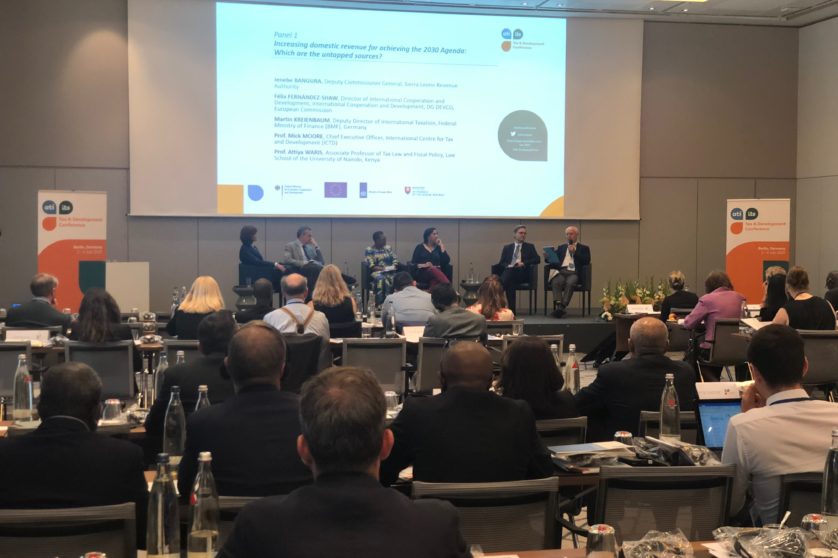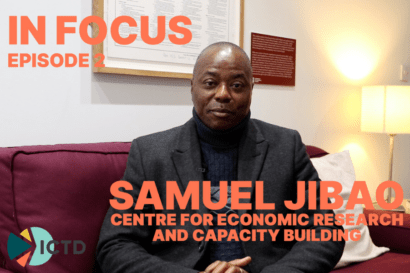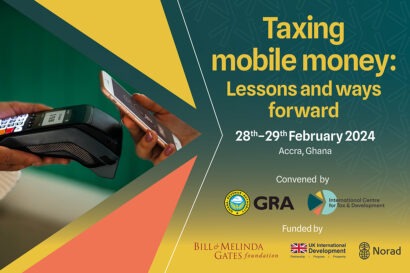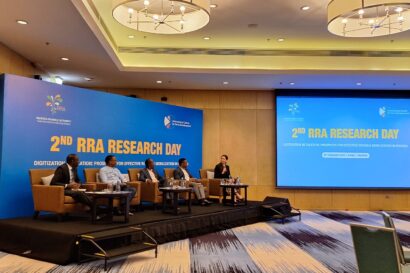The ATI/ITC Tax and Development Conference was held this week in Berlin. ICTD CEO Professor Mick Moore spoke on the opening panel: “Increasing domestic revenue for achieving the 2030 agenda: Which are the untapped resources?”
He drew his remarks from the Working Paper “How Can Governments of Low-Income Countries Collect More Tax Revenue?” which outlines eight areas of “dangling fruit”:
- More actively and effectively combating the transfer mispricing activities of transnational firms;
- Taxing mining activities better;
- Increasing excise taxes on tobacco and alcohol;
- Reducing tax exemptions for investors;
- Implementing valued added tax (VAT) more effectively;
- More actively taxing the income and assets of the fast-expanding numbers of rich citizens;
- Taxing more heavily the ownership and occupation of urban real estate; and
- Obliging government agencies to be better ‘tax citizens’.
He spoke alongside Jenebe Bangura (Deputy Commissioner General of the National Revenue Authority, Sierra Leone), Félix Shaw (Director of International Cooperation and Development, DG DEVCO, European Commission), Martin Kreienbaum (Deputy Director of International Taxation, Federal Ministry of Finance, Germany), and Prof. Attiya Waris (Associate Professor of Tax Law and Fiscal Policy, University of Nairobi).
The ICTD’s Research Director Dr. Wilson Prichard also presented in the session “Broadening the tax base: How to deal with the informal sector?” See his presentation here.
The ICTD also participated in the “market place,” sharing our publications, exploring opportunities for research collaboration, and advertising our open call for research proposals.
The conference brought together over 170 policymakers, government officials, and members of academia, civil society, and international organisations to discuss the future of Addis Tax Initiative. The goal of the ATI, which more than 55 countries, regional and international organisations have joined, is to improve domestic revenue mobilisation in order to finance the Sustainable Development Goals.



